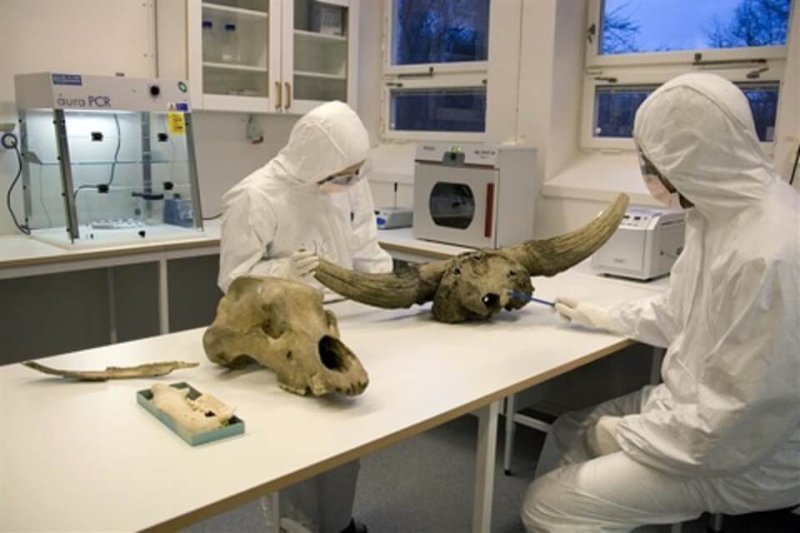The idea that [the answer to ancient questions] might be preserved in [the DNA of] old specimens has been around since 1984, when [molecular biologist Allan] Wilson announced that his lab had extracted DNA from the salted skin of a quagga, an extinct equine species with the head of a zebra and the haunches of a donkey.
…
Over the past few years, a growing cohort of scientists has at last produced a fantastic answer. Ancient DNA, they believe, not only allows us to cut through what scholars once wrote off as “wrapped in a thick fog” of “heathendom.” It promises nothing less than what the Harvard geneticist David Reich has called “the genome revolution in the study of the human past.”
…
[In 2013, Reich created] one of the country’s first dedicated ancient-DNA labs.…
By the end of 2010, only five ancient genomes had been sequenced in total, but in 2014, 38 were done in one year. Soon the number will be close to 2,000. Reich’s lab alone is responsible for at least half of the published output, which doesn’t include some 5,500 more bones in the process of being analyzed and 3,000 more in storage. “Ancient DNA and the genome revolution,” [Reich] declares in his book’s introductory overture, “can now answer a previously unresolvable question about the deep past: the question of what happened.”
Read full, original post: Is Ancient DNA Research Revealing New Truths — or Falling Into Old Traps?































